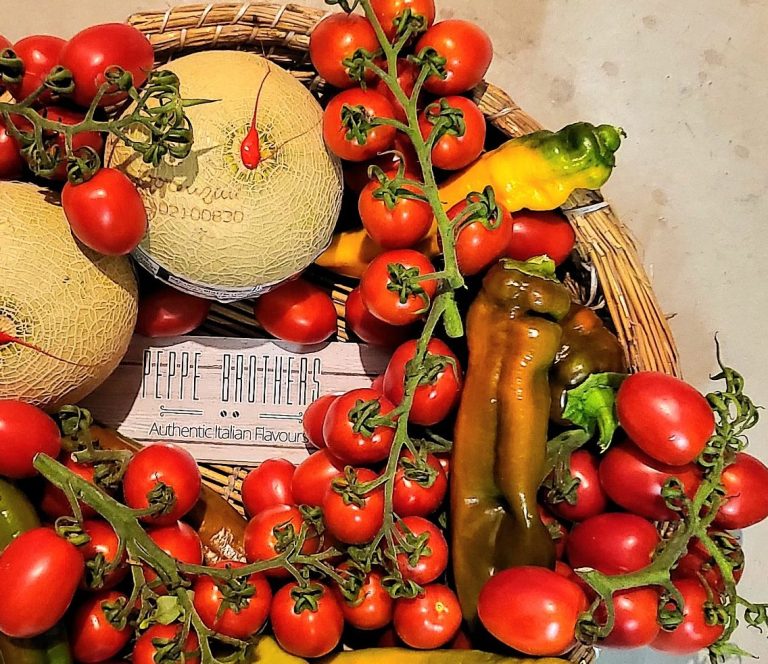Environmentally friendly Farming
We are proudly encouraging sustainable farming methods in all our partner's farms.
Our main focus on Quality starts in the field where the latest generation cultivation techniques are employed, prioritizing sustainable and environmentally friendly practices.


Pollination with bumblebees: Bumblebees are excellent pollinators and can significantly improve fruit yield and quality in certain crops like tomatoes and aubergines.

Use of useful insects for pest control: This is known as biological pest control or integrated pest management (IPM). Beneficial insects, like ladybugs and parasitic wasps, are introduced to the crops to prey on harmful pests, reducing the need for chemical pesticides.

Fertilizers tailored to crop needs: By using fertilizers that cater to the specific nutrient requirements of each crop, excessive use of fertilizers can be minimized, reducing the risk of nutrient runoff and its negative impacts on the environment.

Phytomedicines with low environmental impact: Phytomedicines are plant-based products used for pest and disease control. They are considered to have minimal negative effects on the environment and help avoid harmful residues in the final produce.

Harvesting, control, and certification process: Implementing a comprehensive process for harvesting, quality control, and certification ensures that the produce meets safety standards and consumers can have confidence in the food they are purchasing.

Solarization for soil disinfection: Solarization is a technique where clear plastic sheets are laid over moist soil to capture the sun's heat and effectively kill soil-borne pests, pathogens, and weed seeds. It can be an eco-friendly alternative to chemical soil disinfection methods.

Our promise
By adopting these practices, farmers are likely to produce healthier, more sustainable, and tastier fruits and vegetables.
Sustainable agricultural practices are crucial for ensuring food security while protecting our planet's natural resources and biodiversity. By supporting such practices, consumers can play an active role in promoting a more sustainable and responsible food system.

